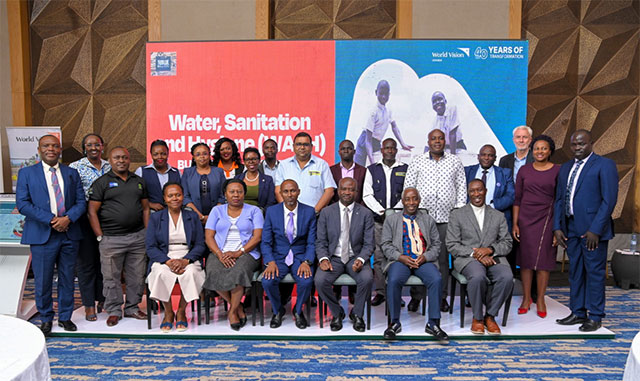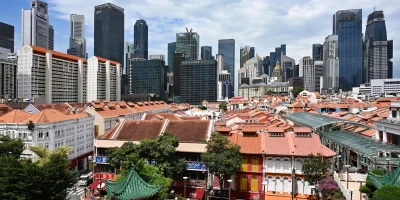
Kampala, Uganda | THE INDEPENDENT | World Vision Uganda has officially launched its 2026–2030 Water, Sanitation, and Hygiene (WASH) Business Plan—a transformative blueprint that sets a new national benchmark for inclusive, climate-resilient, and sustainable WASH service delivery.
Anchored in the global WASH strategy Mapping the Blue Thread, Uganda’s National Development Plan IV, and Sustainable Development Goal 6, this strategic framework builds on over 35 years of World Vision’s experience in empowering communities through clean water and improved sanitation.
Between 2021 and 2025, World Vision Uganda reached approximately 1.16 million people with life-changing WASH interventions. The new plan expands this impact, targeting 41 districts with integrated approaches that strengthen systems, promote equity, and foster innovation. Key priorities include enhancing water quality, sanitation and hygiene, governance, financing, water security, and disaster preparedness.
Speaking at the launch event held at Four Points Hotel in Kampala, World Vision Uganda’s National Director, Jeremiah Nyagah, emphasized that the WASH Business Plan is both a call to action and a renewed commitment to scale inclusive, climate-resilient, and sustainable WASH services across Uganda. He affirmed the organization’s dedication to driving transformative change through strategic partnerships, innovation, and community-centred solutions.
“We call on partners to champion market-based sanitation and community-led behavior change, especially in rural areas where 79% still lack improved sanitation. By engaging households in co-designing affordable, preferred solutions and supporting them with seed capital, training, and vendor linkages, we can empower communities to make informed choices and drive lasting demand for better WASH services.”
In the new plan, World Vision Uganda aims to accelerate sanitation and hygiene via market-based solutions and the household engagement and accountability approach, ensuring communities are active participants in their own transformation.
“We must protect ecosystems not just for today, but for future generations. That means restoring and safeguarding our water sources through community-led reforestation, sustainable land use, and responsible waste management. With strong leadership from the Ministry of Water and Environment, enforcing buffer zones and promoting eco-friendly livelihoods, we can reduce pressure on wetlands. Let’s also empower children as environmental stewards to raise awareness and inspire action at the grassroots.” Jeremiah added.
By 2030, World Vision envisions a transformative shift in Uganda’s WASH landscape, scaling climate-resilient infrastructure, expanding access to WASH financing through Vision Fund, and advancing the women-centered Beyond Access design. Building on the success of the Rwizi Watershed Restoration project in Rakai District, the organisation aims to scale up Integrated Water Resources Management approaches that deliver lasting impact for Uganda’s most vulnerable communities.
The launch of World Vision Uganda’s 2026–2030 WASH Business Plan marks a pivotal moment as the organisation builds up to the launch of its 5-year strategy that will be officially unveiled in the course of next year. This does not only reaffirm our commitment to improve access to safe water, dignified sanitation and appropriate hygiene services in communities, schools, and healthcare facilities but also to ensure that every child lives a life full of meaning and purpose.








